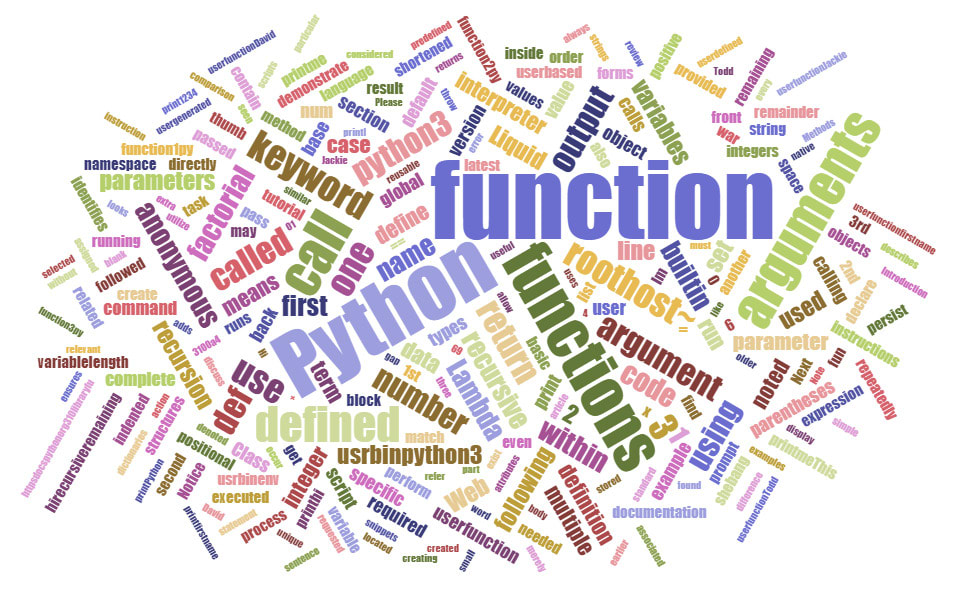Tag: Venv
Guide to For Loops in Python and Bash [Explained with Examples]
What is a For Loop?

A for loop in Python is utilized to make repeated use of a function or procedure, applying it each time to the result of the previous sequence. This repeating process is called iteration. The for loop checks each iteration until a condition is met. Typically these are used when we have to run a block of code duplicating it X number of times. Each time it iterates over a sequence, it re-executes the code.
How To Set Up a Python Virtual Environment on Windows 10
A virtual environment, or venv, is a Python module that creates a unique environment for each task or project. It installs the necessary packages specific to that setting while neatly organizing your projects.
How to Install and Configure Django on CentOS 8
Introduction
In this article, we will discuss what Django is, its purpose, and how to install and configure it on CentOS 8.
What Is a Python Function? A Tutorial

What is a Python Function?
In this tutorial, we discuss one of the most useful attributes of Python: the function. Python functions are considered “First Class” objects. A First Class object can be assigned to variables, stored in data structures, passed as arguments to other functions, or even return values from other functions. Other examples of First Class objects in Python are integers, strings, and dictionaries.
Which Installer is Better? Pip or Easy Install

One of the most significant advantages of Python is how easy it is to reuse existing code.
How to Install the Django Web Framework on Ubuntu 20.04
What is Django?

Django is a Python-based web framework that is used for developing complex, database-driven websites. It also operated under an open-source license indicating it is free to use. Django is ultra-fast and encourages security, and it is exceptionally adaptable, which is the cause of its immense popularity.
How to Install and Update Python to 3.9 in Ubuntu
In this article, we will explore the newest methods to install or update to the latest version of Python on our Ubuntu system.
How to Install PIP on Windows
Pip is one of the best tools to install and manage Python packages. Pip has earned its fame by the number of applications using this tool. Used for its capabilities in handling binary packages over the easily installed package manager, Pip enables 3rd party package installations. Though the newest versions of Python come with pip installed as a default, this tutorial will show how to install Pip, check its version, and show some basic commands for its use. Watch the video below or review the following article for additional instructions.
How to Install Taiga on Ubuntu 16.04

Taiga is a free, open-source project management system. The back end consists of an API written in Python3 and Django, and the front end is written in AngularJS and CoffeeScript. Taiga can manage simple and complex projects, and also monitors the progress of a project. Taiga maintains logs that are displayed in the form of a worklist with all the functions and user stories added to the project.
How to Install Pyenv-virtualenv on Ubuntu 18.04

Pyenv is an outstanding tool for managing multiple Python installations. Pyenv-virtualenv is a pyenv plugin that facilitates the creation and management of Python virtual environments with pyenv. This is a compelling proposition, making it possible to manage multiple Python versions with pyenv and provide the means to control the Python environment in a more granular manner.
Our Sales and Support teams are available 24 hours by phone or e-mail to assist.

